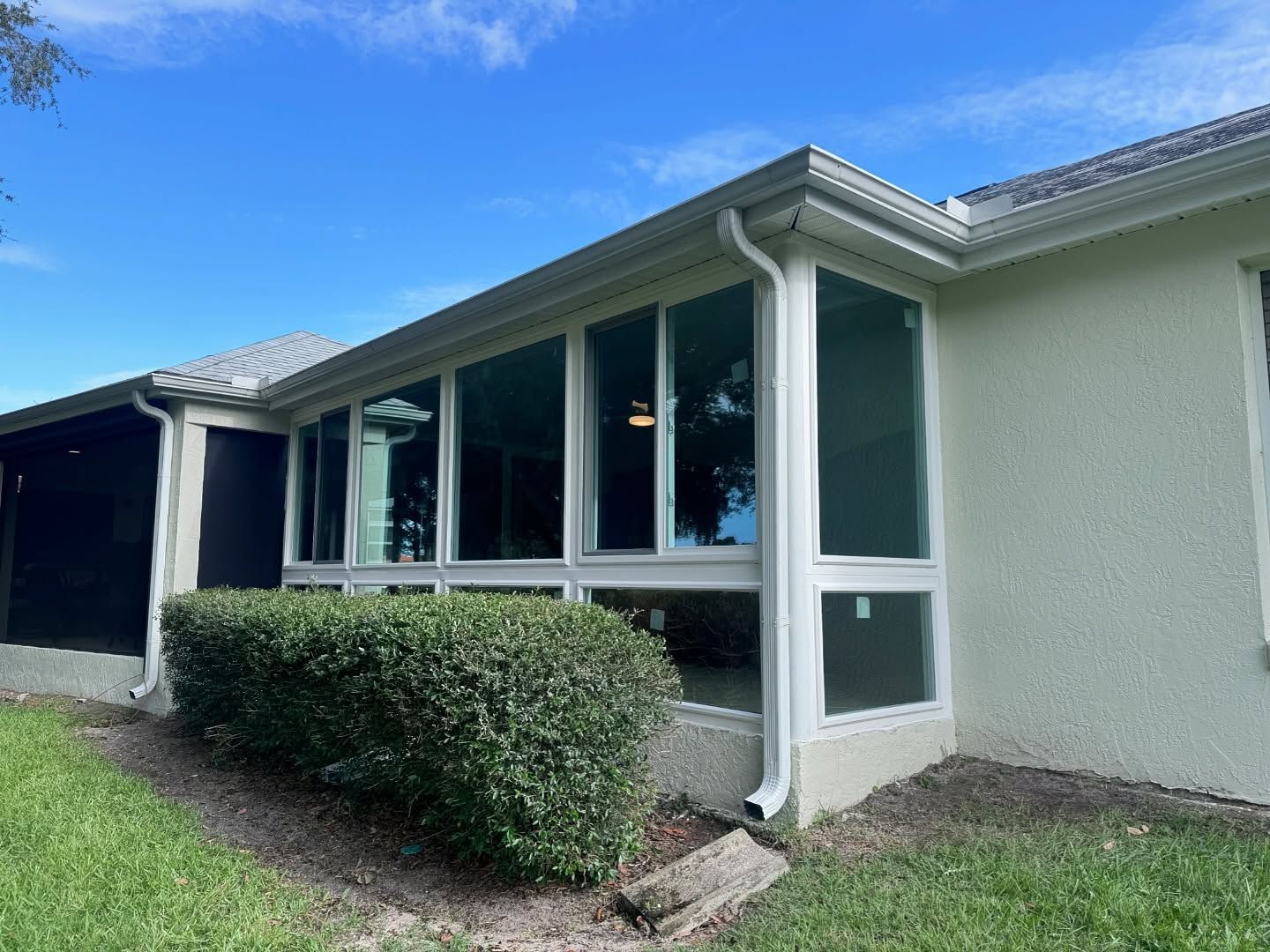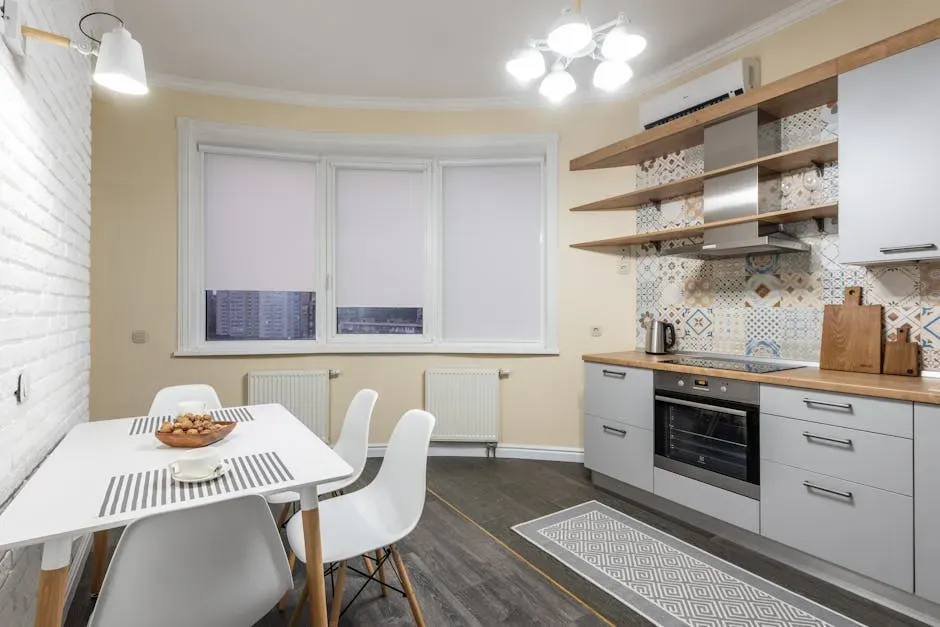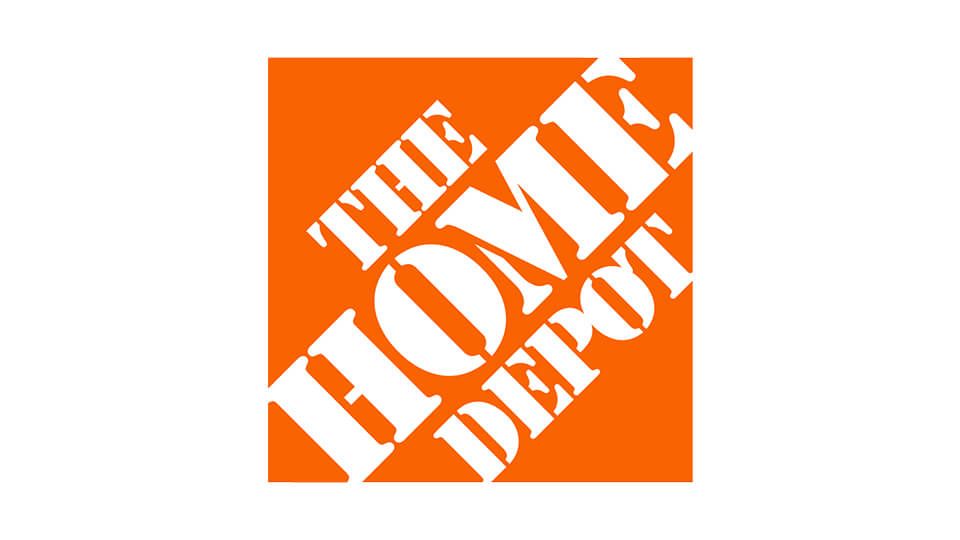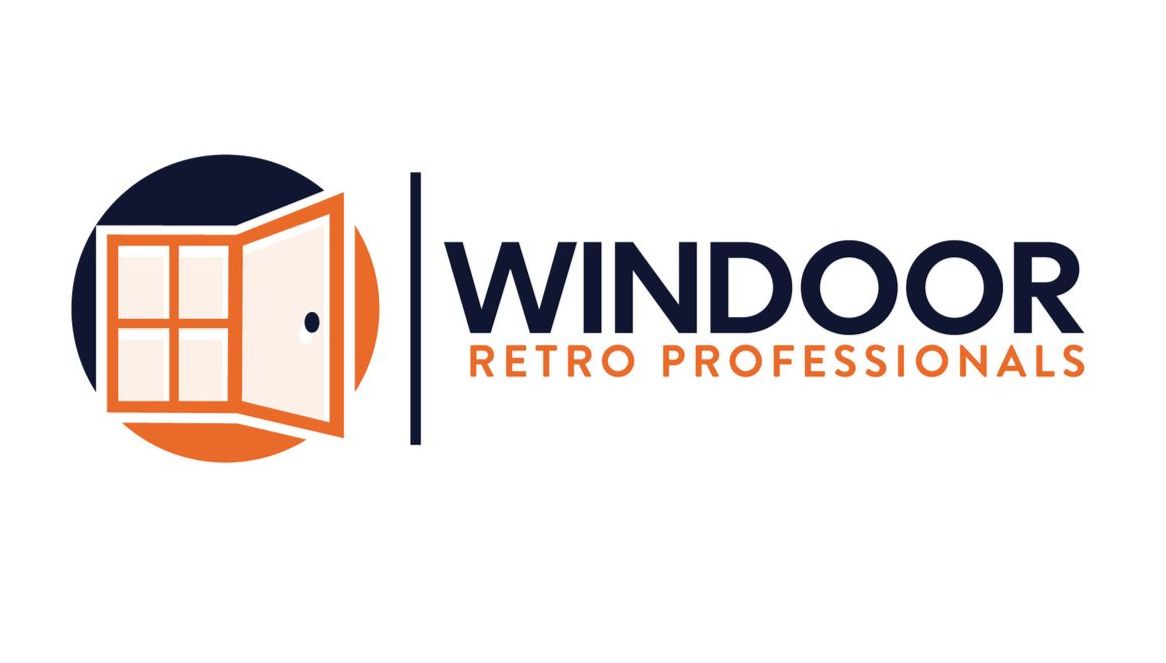Insulated Frame vs. Non-Insulated Frame Vinyl Windows: The Hidden Power of Energy Efficiency
Joe Underwood • July 14, 2023
Energize Your Home With Insulated Window Foam
When it comes to choosing vinyl windows for your home, understanding the difference between insulated frame and non-insulated frame options is crucial. The battle between these two contenders lies in their ability to enhance energy efficiency and keep your home comfortable year-round. In this captivating blog post, we will dive into the world of vinyl windows, unravel the mysteries of insulated and non-insulated frames, and reveal the hidden power of energy efficiency. Get ready to make an informed decision that will transform your home into a haven of comfort and savings!
Non-Insulated Frame Vinyl Windows:
Basics and Benefits
Let's start with the basics. Non-insulated frame vinyl windows consist of single-layer frames without additional insulation. While they offer affordability and durability, they may lack the ability to effectively block thermal transfer. However, these windows can still provide benefits such as noise reduction and low maintenance. We'll explore how they compare in terms of energy efficiency and other important factors.
Insulated Frame Vinyl Windows: The Energy Efficiency Champions
Enter the energy efficiency champions: insulated frame vinyl windows. These windows take energy performance to the next level. With multiple chambers and advanced insulation technology within the frame, they create a thermal barrier that minimizes heat transfer. This superior insulation ability helps maintain a comfortable indoor temperature, reduce energy consumption, and lower utility bills. We'll delve into the science behind their efficiency and highlight their additional benefits.
Battle of Energy Efficiency: A Closer Look
Now, let's compare these contenders head-to-head in the battle for energy efficiency supremacy. We'll consider factors such as:
Thermal Performance: Insulated frame vinyl windows provide enhanced thermal performance, significantly reducing heat loss or gain through the window frame. This results in a more consistent indoor temperature and reduced reliance on heating or cooling systems.
Energy Savings: With their superior insulation, insulated frame vinyl windows can lead to significant energy savings over time. They minimize heat transfer, allowing your HVAC system to work more efficiently and reducing the need for constant temperature adjustments.
Comfort and Noise Reduction: Insulated frame vinyl windows create a more comfortable living environment by reducing drafts and blocking external noise. Their advanced insulation properties contribute to a peaceful and cozy atmosphere inside your home.
Additional Benefits and Considerations
While energy efficiency is a significant factor, other benefits and considerations should also be explored. These include:
Condensation:
Insulated frame vinyl windows help reduce the potential for condensation buildup on the interior window surface, minimizing the risk of mold and moisture-related issues.
Maintenance:
Both insulated and non-insulated frame vinyl windows offer low maintenance requirements, requiring only occasional cleaning to keep them looking their best.
Embrace the Power of Energy Efficiency
As the battle between insulated frame and non-insulated frame vinyl windows concludes, the power of energy efficiency emerges as the clear victor. Insulated frame vinyl windows offer enhanced thermal performance, energy savings, and improved comfort, making them an excellent choice for homeowners seeking to maximize their home's energy efficiency potential. However, it's essential to consider your specific needs, budget, and climate when making a decision. Consult with window professionals who can provide guidance tailored to your home and preferences, ensuring a wise investment that brings lasting comfort, savings, and peace of mind. Embrace the power of energy efficiency and transform your home into an oasis of comfort, sustainability, and cost-effectiveness with insulated frame vinyl windows.

By Joe Underwood
•
March 20, 2025
Selecting the perfect windows and doors for your home is about more than just aesthetics—it’s about energy efficiency, security, and long-term value. At Windoor Retro Professionals, we believe that an informed customer is a satisfied customer. That’s why we’ve put together this educational guide to help you make the best decision for your home. Types of Windows and Their Benefits Single & Double-Hung Windows Classic and versatile Easy to clean and maintain Great for ventilation Casement Windows Hinged at the side and open outward Excellent for airflow Superior energy efficiency due to tight seal Sliding Windows Ideal for modern homes Easy to operate with minimal maintenance Provides wide, unobstructed views Bay & Bow Windows Adds architectural interest Creates additional space inside the home Increases natural light and curb appeal How to Choose the Right Doors Entry Doors Available in wood, fiberglass, or steel Should offer both aesthetic appeal and security Energy-efficient models help reduce heating and cooling costs Patio Doors Sliding or French-style options Maximize natural light Improve accessibility and outdoor connectivity Storm Doors Adds an extra layer of insulation and security Protects your main door from weather damage Enhances ventilation with screened options Key Factors to Consider Before Purchasing Energy Efficiency: Look for Energy Star-rated products to improve insulation and lower utility bills. Material: Vinyl, wood, aluminum, or fiberglass—each has its pros and cons in durability, maintenance, and appearance. Security Features: Multi-point locking systems and impact-resistant glass provide added protection. Installation Matters: Even the best windows and doors can underperform if not installed correctly. Trusting experienced professionals ensures long-term performance. Why Trust Windoor Retro Professionals? Expert Craftsmanship: Our team specializes in precise, high-quality installations. Customized Solutions: We tailor our recommendations based on your home’s specific needs. Superior Customer Support: From consultation to post-installation, we ensure a seamless experience. Get Started on Your Home Upgrade! Investing in the right windows and doors can enhance comfort, security, and energy savings. Let Windoor Retro Professionals guide you through the process. Contact us today to schedule a consultation! 📞 Call us at (352) 681-8644🌐 Visit us at www.wretropro.com Upgrade with confidence—choose Windoor Retro Professionals!

By Joe Underwood
•
May 28, 2024
Understanding the importance of insulated windows Insulated windows can significantly improve your home's energy efficiency by preventing heat loss in winter and keeping your home cool in summer. They help reduce your energy bills and create a more comfortable living environment by minimizing drafts and maintaining a consistent indoor temperature. Insulated windows also offer better sound insulation, reducing noise from outside. Properly installed insulated windows can enhance the overall value of your home while providing long-term cost savings on energy expenses.

By Joe Underwood
•
August 8, 2023
Discover the ultimate guide to upgrading your home's ambiance and functionality by replacing a sliding glass door with elegant French doors. Learn about the step-by-step process, including measurements, installation, and finishing touches. Explore the differences in door openings and delve into the pros and cons of both options. Elevate your living space with this comprehensive guide that combines practical insights with timeless design, creating a seamless connection between indoor and outdoor living.

By Joe Underwood
•
July 28, 2023
🚪🪟 Unlocking the Secrets of Stellar Sealing! Get ready to dive into the world of windows and doors as we spill the beans on the most fantastic sealants out there! From weather warriors to eco-friendly champions, we've got the scoop on the best sealants to keep your home snug and stylish. Join the fun and get ready to seal the deal like never before! 🏠💨💪 #SealantSuperstars #WindowsAndDoors #HomeImprovement

By Joe Underwood
•
July 20, 2023
🔒🏠 Defend your home against pests with the power of vinyl windows! 🪟🛡️ Unravel the secrets of their seamless construction, moisture-resistant properties, and tight seals that keep bugs and rodents at bay. Discover the low-maintenance, energy-efficient benefits that make vinyl windows the ultimate pest-proof solution for your tranquil sanctuary. 🐜🚫 Embrace peace of mind with vinyl windows, fortifying your home against unwanted intruders! #PestProofWindows #HomeDefense #VinylWindows #SecureSanctuary

By Joe Underwood
•
July 20, 2023
🔍✨ Peering behind the window price allure! Uncover the truth behind Home Depot's window deals and the connection between cost and quality. Discover the hidden factors influencing pricing and make an informed choice for your home improvement project. Don't be fooled by the price tag—find the perfect windows that combine affordability and superior craftsmanship. 🪟🏠 #WindowDealsExposed #QualityOverPrice #HomeImprovementTips #ChooseWise

A Closer Look at Home Depot's Window Services: Addressing Consumer Concerns and Subpar Installations
By Joe Underwood
•
July 20, 2023
🏠🔍 Unveiling the Truth: Discover the concerns behind Home Depot's window services and third-party installers. From limited expertise to communication woes, delve into the real experiences of consumers. Read on to make an informed decision when choosing your window supplier and ensure a flawless installation experience for your home improvement project. 🪟✨ #HomeImprovement #WindowInstallation #ConsumerInsights #MakeInformedChoices

By Joe Underwood
•
July 20, 2023
🔒 Seeking serenity and style within your home? 🏡 Discover the top 3 privacy solutions for your windows that promise a tranquil escape with a touch of elegance. 🌟 Embrace the art of privacy perfected and create serene sanctuaries behind every pane. Ready to transform your living spaces? 🛋️ Dive in and unlock the secrets to a private oasis! #PrivacySolutions #HomeSanctuaries #ElegantEscape

By Joe Underwood
•
July 18, 2023
Unveil the art of illuminating your home with style! Discover the perfect window types for every room, creating a harmonious blend of functionality and aesthetics. From breathtaking views to enhanced comfort, let our guide lead you to a home that speaks volumes through its windows! 🏠✨ #WindowWisdom #HomeIllumination #FunctionalElegance #CreateYourHaven
Windoor Retro Professionals
Our goal is to deliver a seamless and successful experience for our clients, while also making new windows and doors accessible and affordable for all.
QUICK LINKS
CONTACT DETAILS
Business Hours:
Mon thru Sat 8:00 AM – 5:00 PM
© 2025
All Rights Reserved | Windoor Retro Professionals CBC1267537






